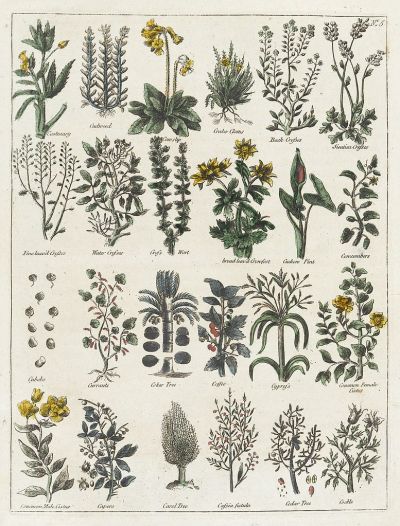Detecting alien DNA in plant-based remedies

A selection of plants
See page for author [CC BY 4.0 (http://creativecommons.org/licenses/by/4.0)], via Wikimedia Commons
Purity is paramount for any medicinal product. EU research is developing a DNA test for production of plant-based preparations.
Currently used methods for identification of plant raw material can be unreliable, especially when comminuted single plants only are available. There is a need to supplement the classically available methods that are based on pharmacognostic and phytochemical principles.
The VITANGO (DNA-based tests for commercial medicinal plant authentication) project - consisting of one academic and one commercial partner - is developing a sensitive quantitative test to distinguish the genetic material from that of related species. The assay can also detect low levels of any contamination from other plant species.
The team used Rhodiola rosea, used in herbal medicine to fight fatigue and improve physical performance. DNA sequences have been obtained for 4 DNA barcode regions, or markers, and 10 potential adulterant species. The scientists have identified from these the most appropriate region on which to base the design of polymerase chain reaction (PCR) primers to distinguish between medicine and contaminant plants. The primers will be complementary to the DNA region targeted.
More than 100 samples have gone through the assay using rosavines as chemical markers. For most samples there was agreement between the molecular and chemical identification and, where there was disparity, DNA sequencing was used to confirm PCR results.
A reciprocal training scheme has been implemented between the academic and the commercial partners and will foster stronger ties and collaboration for industry and academia. Work is continuing to lower the level of contamination detectable to 2 % and to apply the methods to other medicinal plant species. Project deliverables promise to increase the competitive edge of European plant-based pharmaceutical products.
published: 2015-08-06

